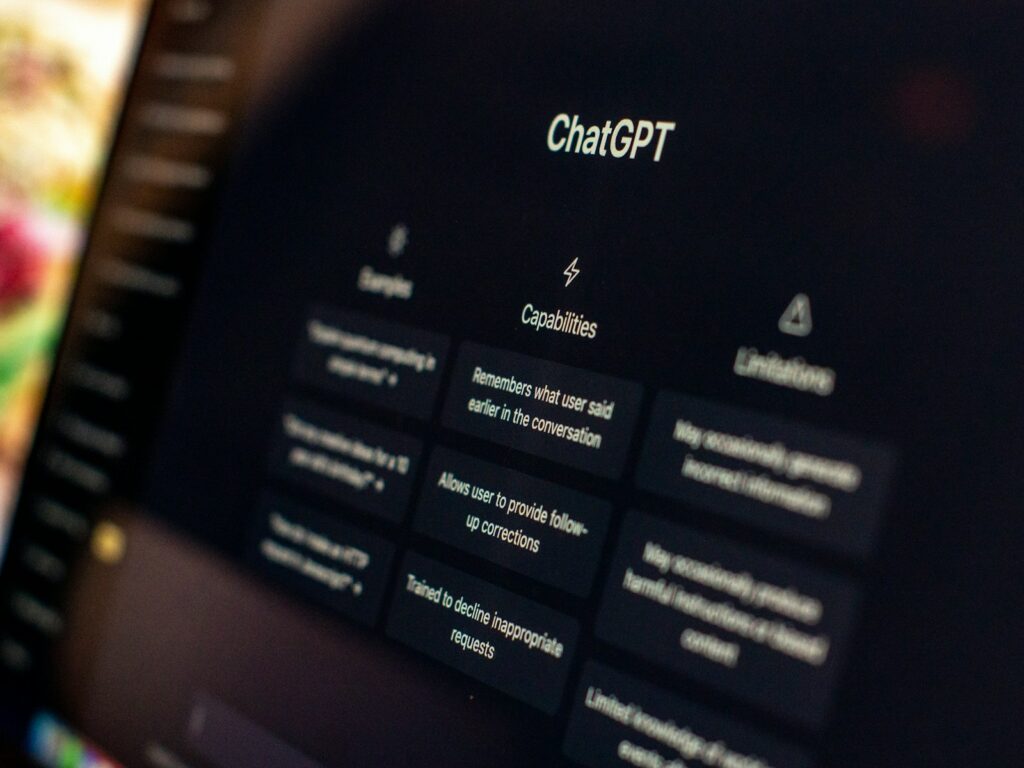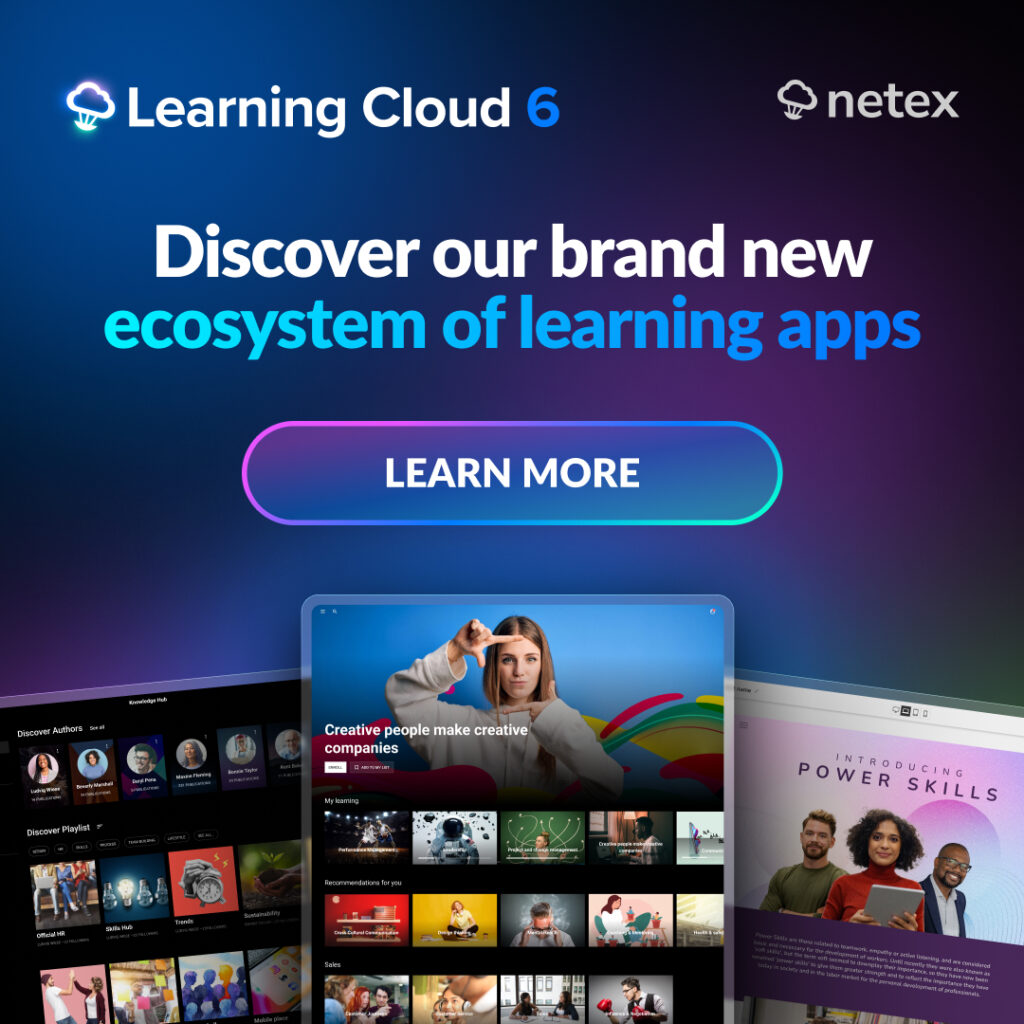In a remarkably short period, AI has transitioned from being an emerging trend to becoming an essential tool in the workplace. But are your employees ready to work with Artificial Intelligence? In this article, we explore how e-learning can bridge the AI knowledge gap.
One of the European Commission’s goals for 2030 is for 75% of EU businesses to be using advanced technologies like Artificial Intelligence. Given the speed at which AI is being adopted within the business landscape, this target is likely to be achieved well before the deadline. According to McKinsey’s report, ‘The state of AI in early 2024: Gen AI adoption spikes and starts to generate value’ 72% of organisations have already implemented AI in at least one business function. Furthermore, 65% of respondents indicate that they use generative AI in areas such as marketing, sales, and product development.

The impact of generative AI on business productivity
Businesses are already reaping the rewards of investing in AI. According to McKinsey’s survey, generative AI is beginning to deliver tangible benefits across various departments. In human resources, there has been a significant reduction in costs, while the most notable revenue increase (over 5%) has been observed in supply chain and inventory management. Analytical AI, on the other hand, has reduced costs in service operations and boosted revenue in marketing and sales departments.
However, the push by companies to invest in advanced technologies stands in stark contrast to the reality faced by their employees, many of whom are not accustomed to using them. The ‘State of AI at Work 2024’ report, published by software company Asana, highlights that 64% of workers are either unfamiliar or only slightly familiar with AI tools. This knowledge gap limits the potential of organisations and could present a clear disadvantage in an increasingly digitalised market.

The role of e-learning in AI literacy
To close this gap, it is crucial that companies invest in employee training. This is where e-learning platforms, such as Netex’s Learning Cloud, become strategic allies. These solutions enable organisations to offer flexible, accessible, and personalised training programmes tailored to the specific needs of each employee.
How can you enhance your team’s AI training? The key lies in effectively integrating learning into the daily routines of your employees. To achieve this, you need to offer them flexible and personalised training. Implementing an e-learning solution ensures your employees benefit from:
- Accessibility: Employees can access courses anytime and anywhere, making it easier to integrate learning into their daily schedules.
- Personalisation: E-learning solutions use AI to provide tailored training recommendations, focusing on areas where employees need the most support.
- Interactivity: Interactive courses allow employees to apply what they’ve learned in a safe environment, reinforcing their understanding and retention.
- Continuous Assessment: Ongoing feedback and real-time evaluations allow for the adjustment of training plans based on employee progress.
Investing in training through e-learning solutions positions companies to fully leverage the benefits of AI. The AI literacy gap won’t close on its own. Companies need to equip their teams with advanced technologies and ensure they receive the appropriate training. Providing them with the necessary knowledge to make the most of these digital tools ensures that the investment in technology will yield the expected returns.
Organisations that fail to adapt risk falling behind, while those that invest in their workforce’s skills will be better prepared to lead their respective industries.
Are your employees ready to work with Artificial Intelligence? At Netex Learning, we help you achieve your goals. If you want to elevate your organisation’s corporate training, request a demo of Learning Cloud, and we’ll show you the full potential of our e-learning ecosystem.
